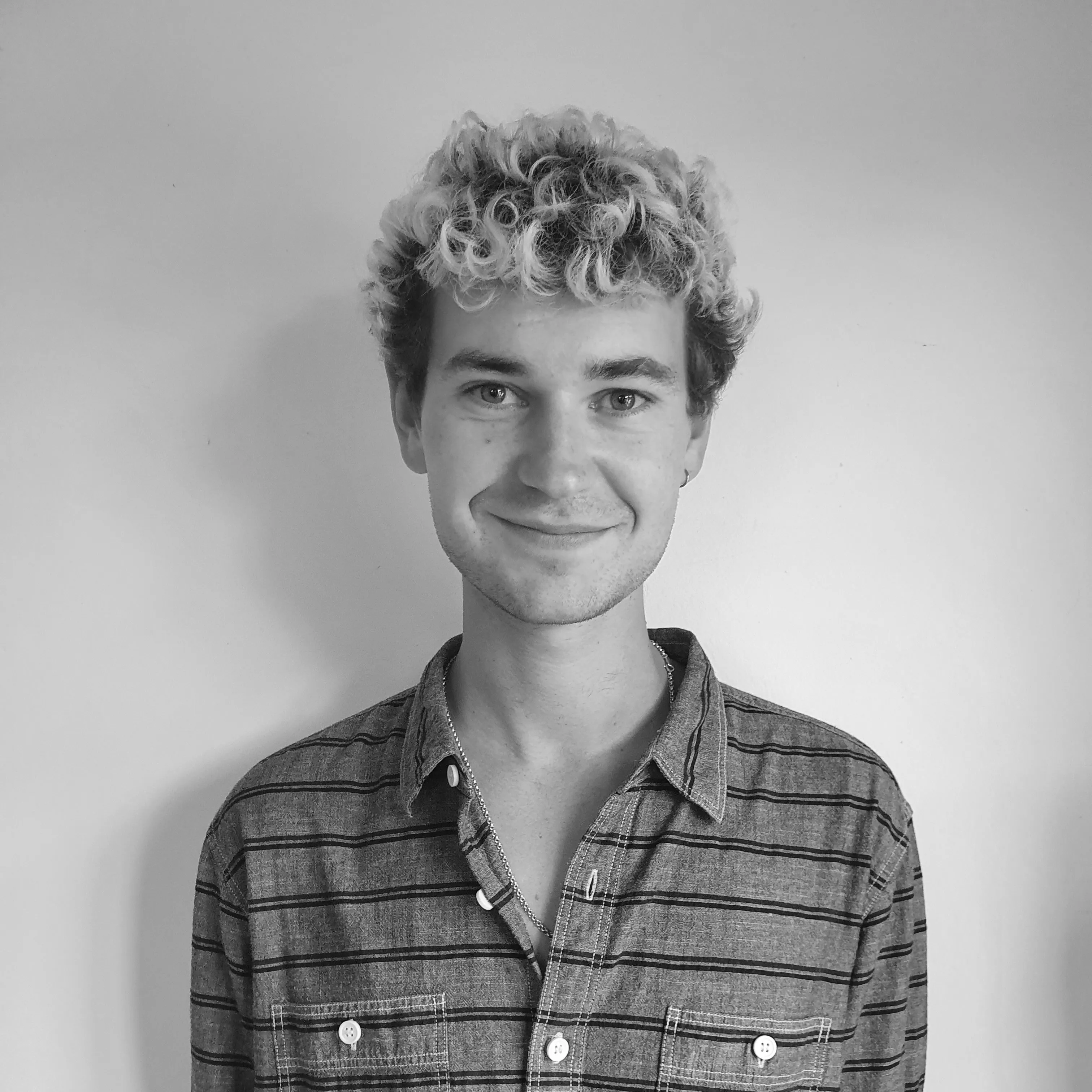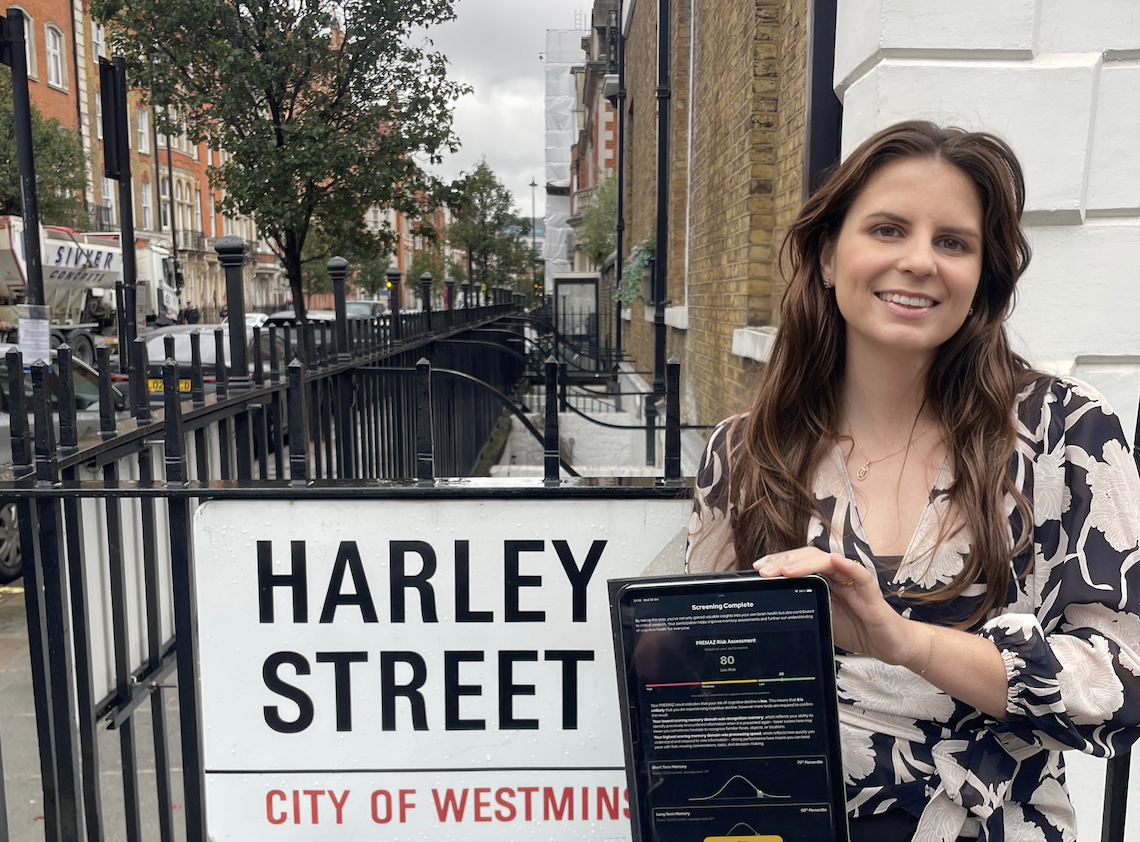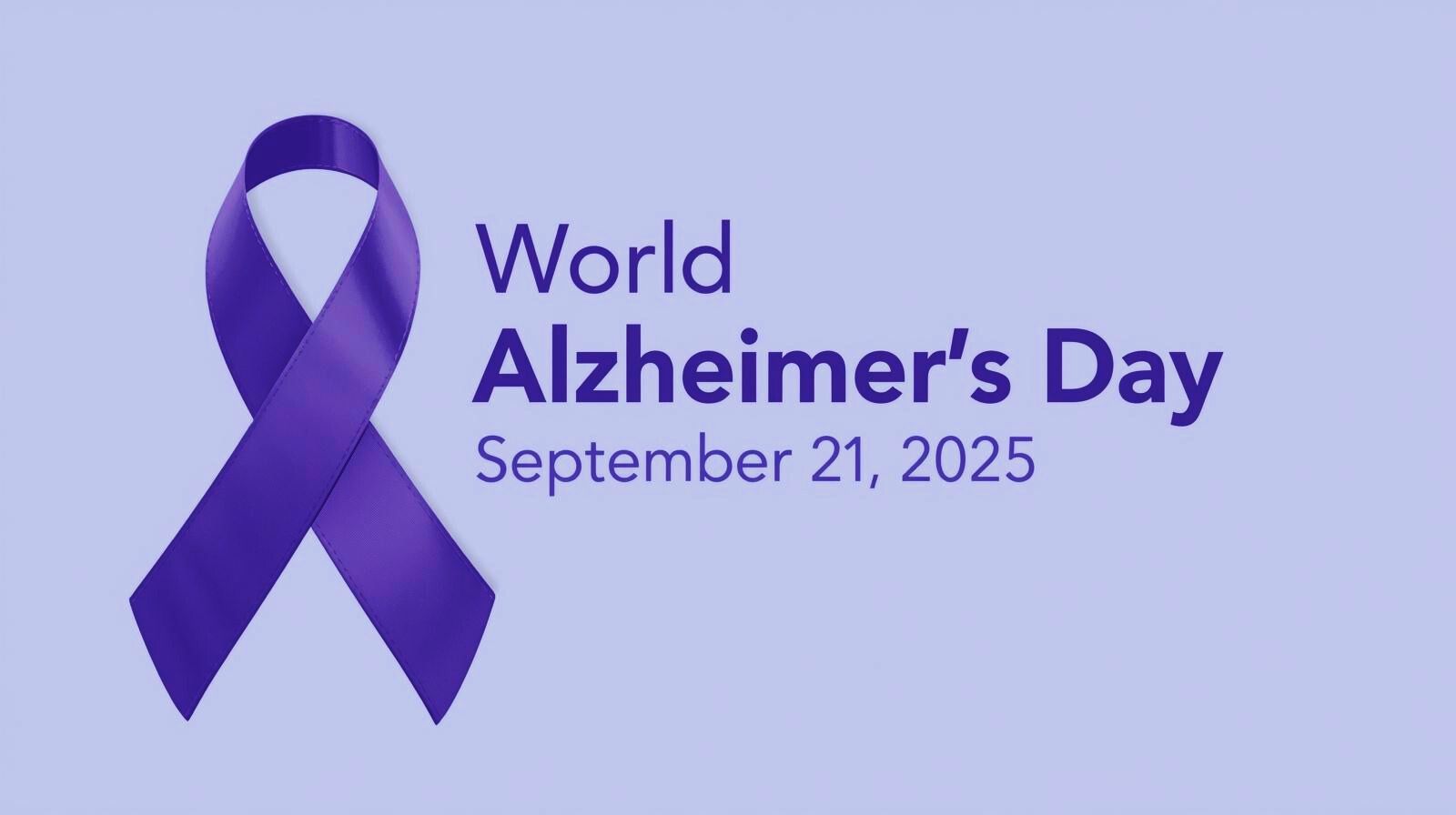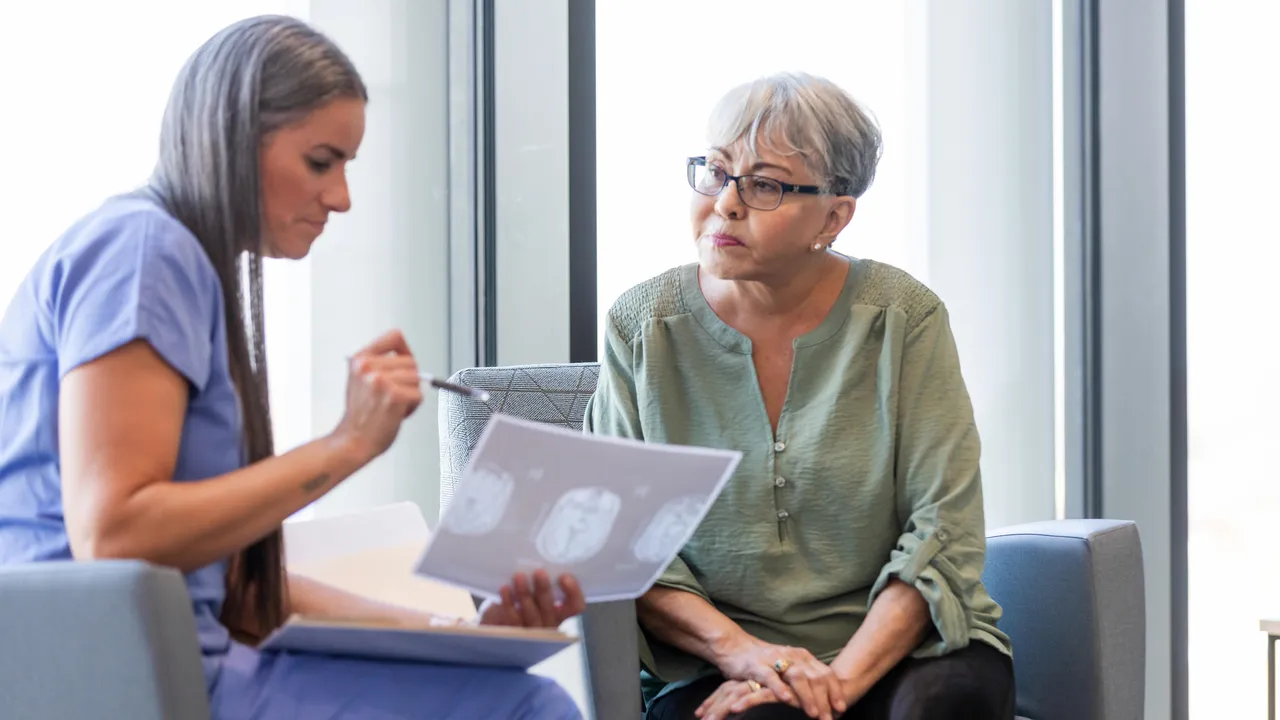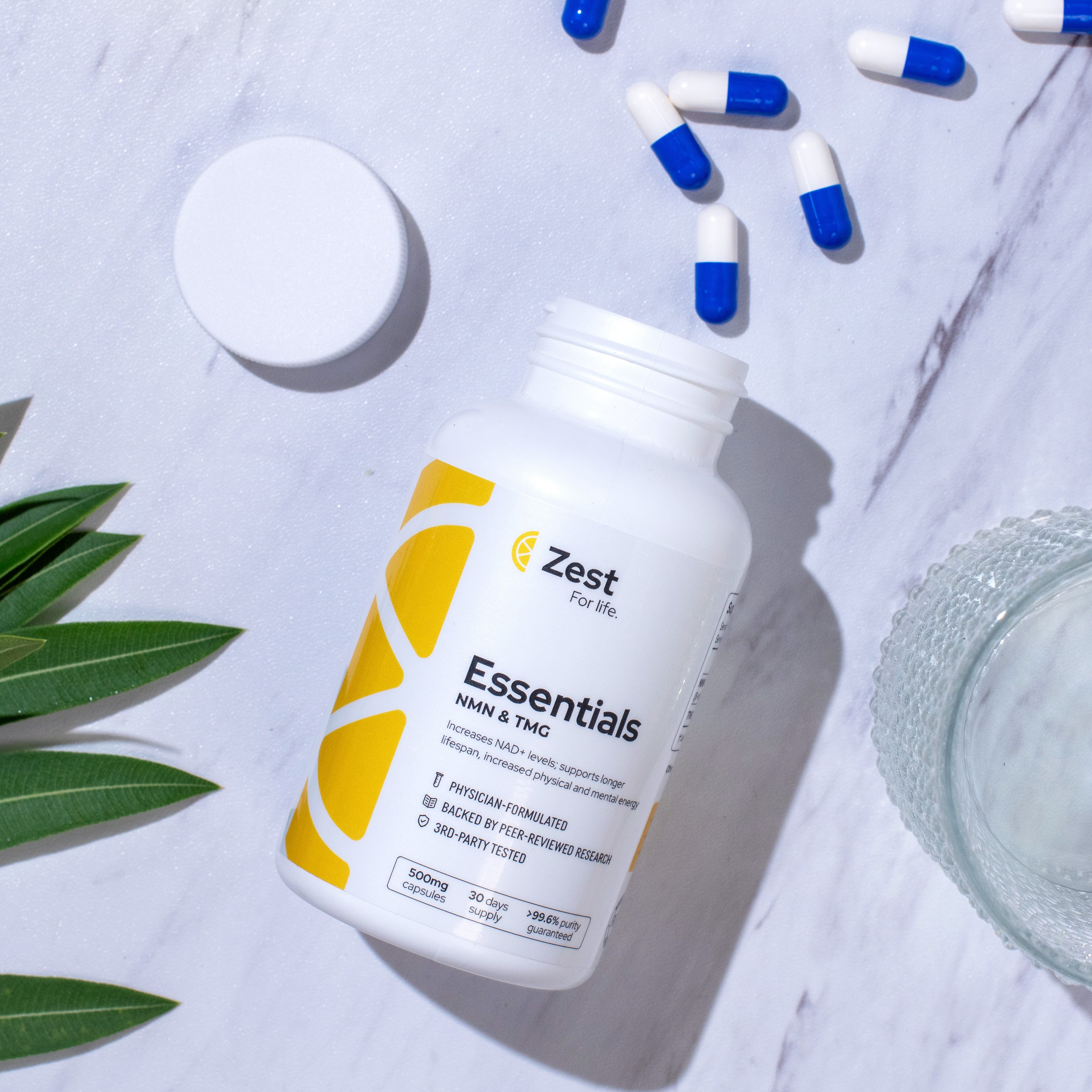Aging - is it inevitable?

Aging - is it inevitable?
There is a big problem with our current medical system's approach to aging. Rather than treating it as a disease, the symptoms of aging are approached largely independently, with older adults bounced between departments such as oncology, neurology, orthopaedics, until eventually they succumb to one illness or another.
These conditions should all be treated collectively at their root cause: aging.
As cells age, they become larger and less capable of reproduction, becoming worse at dividing and more prone to making mistakes when replicating, leading to cancers and other symptoms of aging.
But why does this happen, and can it be stopped?
50 years ago, people may have described cancer as a slow decline towards an inevitable death, however today we know that not to be true, with many individuals achieving remission and living vibrant lives after being diagnosed with cancer.
100 years ago, people may have described a wound infection such as gangrene as a slow decline towards an inevitable death, however with the discovery of penicillin in 1928 we quickly realised death from infection was not inevitable.
Today, in 2022, we view aging as a slow decline towards an inevitable death. But is it?
What if we viewed aging as a disease to be cured, with symptoms of frailty, arthritis, dementia and cancer, all linked to the same root cause?
Alright let's be realistic...we aren't expecting humans to become immortal (...any time soon), but by viewing aging as a disease to be stayed off for as long as possible rather than an inevitable decline, we can implement changes now to help extend our healthy lifespan. Rather than accepting that our bodies will begin to slow down from around age 50, there is no reason why we can't continue to be fit and active until well into our 80s and 90s, continuing to play our favourite sports, contributing meaningfully at work, and helping raise future generations of our families. Want to play a tennis match against your great grand-daughter (and win)? Bring it on.
The Science of Longevity:
In recent years, incredible inroads have been made into the science of longevity and why we age, with hundreds of pharmaceutical agents targeted at anti-aging currently in development. Some scientists such as Steve Horvath or Morgan Levine are focussed on different methods of calculating biological age, and how best to measure the age of a persons body (which may be higher or lower than their real chronological age). Others like Shinya Yamanaka are exploring pharmaceutical approaches to reverse the aging process, with Yamanaka factors shown recently to reverse the age of human skin cells from a 55 year old to be identical to that of a 25 year old. New research companies are popping up everywhere looking into deep-tech solutions to fight aging.
But lets take it back a step. A lot of this sounds almost like science-fiction. What is actually available now?
At the moment, most longevity enthusiasts engage in a range of activities including taking natural supplements, the occasional prescription medication, or just lifestyle modifications and diet changes. Common anti-aging supplements include NMN, Resveratrol, Vitamin D, Vitamin K2, TMG, Quercetin, Fisetin and Spermidine (but there are many others!). Prescription medications like Metformin are occasionally prescribed for longevity, but many people simply follow life-extending diets and exercise regimes like intermittent fasting, cold showers and saunas. Whatever your level of engagement, whether you prefer to stick to lifestyle modifications or embrace every supplement and drug on the market, there is no right or wrong answer to how you choose to extend your healthy lifespan.
The key: shocking the system
There are three key longevity pathways in the body which can be activated or supressed to help prevent the process of DNA degradation, improve metabolism and essentially to slow or reverse aging. These pathways are Sirtuins, mTOR and AMPK, (discussed in later blogs) and they have been shown to have powerful effects on extending lifespan and improving physical performance.
The quick answer to how we activate these longevity pathways or "survival circuits", is by shocking the system. Putting your body outside its comfort zone is a fantastic way to kick-start your system into producing all the great chemicals we need to enhance brain health, increase energy levels and reverse the aging process. This can be done through activities such as cold immersion (many Zest users take cold showers every morning), fasting, cardiovascular exercise, and hot immersion. In addition, certain supplements and medications mimic these "shocking" activities in the body and further activate your longevity pathways. By combining some supplements with the right lifestyle modifications, you can easily reverse your biological age and feel healthier, more energised and perform better physically and mentally.

